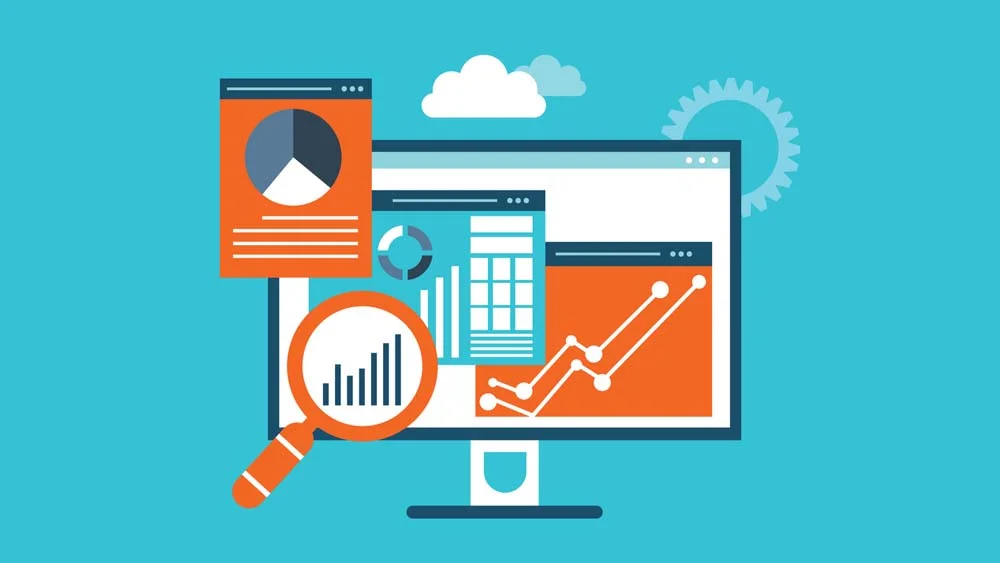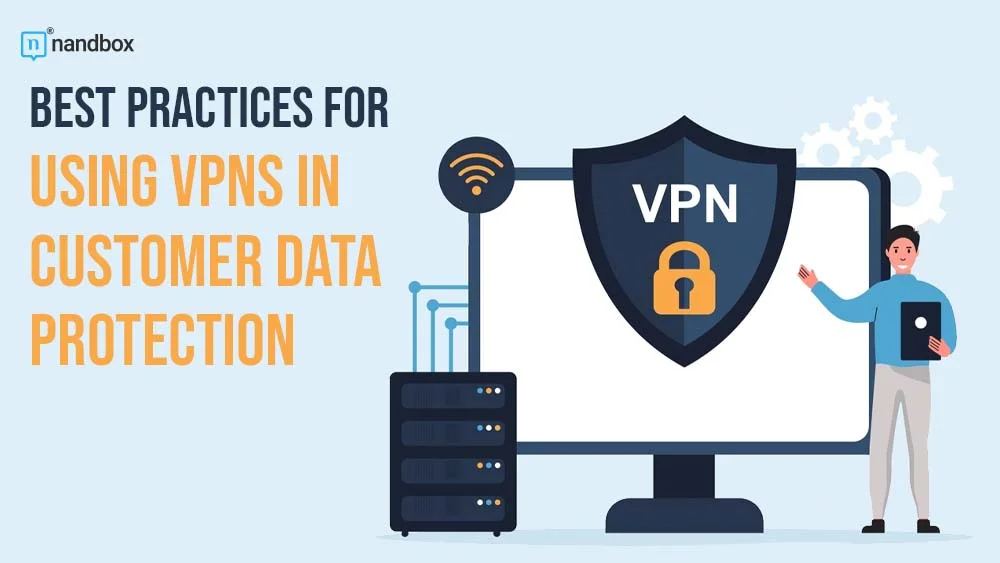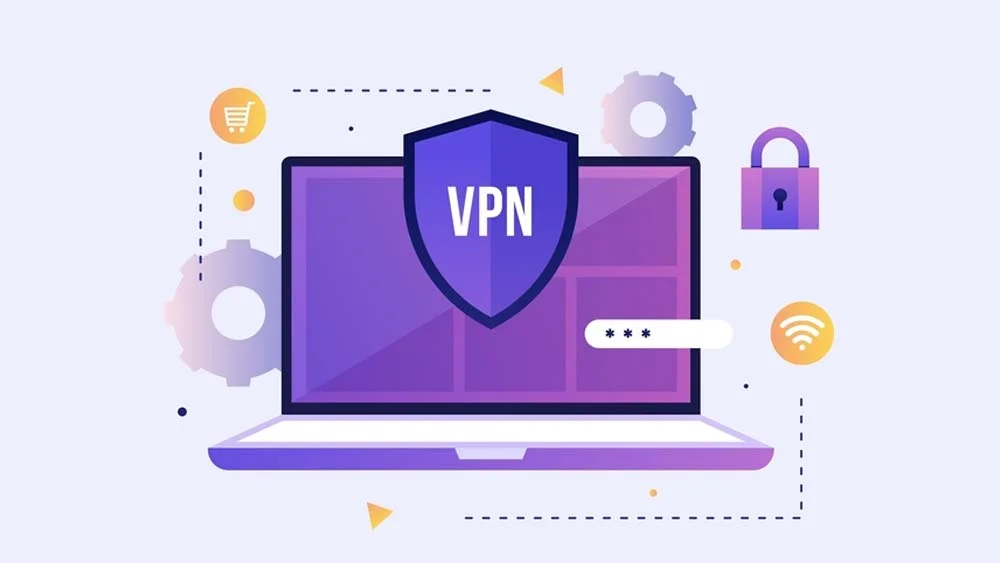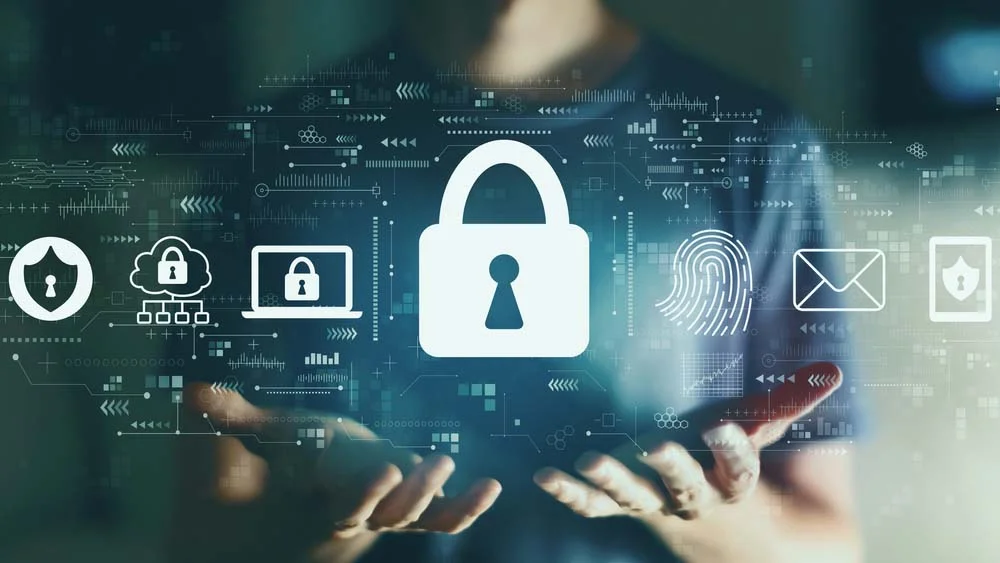Data breaches are common in today’s digital era. Protecting your customers is something that has become of great importance to gain a good online reputation that will lead to you succeeding with your business. Businesses of all sizes are under pressure to secure customer data as privacy concerns grow and data regulations become stricter. VPNs, or virtual private networks, have been used since the evolution of technological advancements as a tool that is valuable for safeguarding sensitive information. But why are VPNs so essential to customer data protection? And how can you use VPN to protect your customer’s data and make them feel valued and secure?
In this article, we’ll explore the best practices for using VPNs to secure customer data, enhance privacy, and reduce the risks associated with data transmission. Whether you’re a small business owner or an IT professional, these guidelines can help you leverage VPNs effectively.
Understanding VPNs: How They Work and Why They’re Crucial for Data Security
A virtual private network or VPN, is simply functioning like an encrypted tunnel. One that shields data from potential snoopers or eavesdroppers as it moves across networks. By encrypting internet traffic and masking IP addresses, VPNs create a secure link between the user and the destination server, making it significantly harder for hackers to intercept data. Think of a VPN as a private highway built for your data, bypassing risky routes where it could be exposed to cyber threats.
This secure “tunnel” is invaluable for protecting sensitive information, especially customer data, from prying eyes on unsecured networks, such as public Wi-Fi. In today’s data-driven world, VPNs have become a critical component of any organization’s cybersecurity strategy.
The whole concept of a VPN is that you can use it from anywhere and anytime. Just download a VPN app and choose a country that masks yours and voila! You’re all set and ready to start being protected and having your data secured.
VPNs in Customer Data Protection: Choosing the Right One
Selecting the right VPN provider is essential for ensuring effective data protection, especially as data security risks continue to evolve. With a multitude of VPN options available, it can be challenging to identify the one that best suits your needs. To start, prioritize a provider with robust encryption protocols, such as AES-256. This standard is widely considered nearly impenetrable, meaning that any data passing through this encryption is highly secure and challenging for hackers to decipher.
Another critical factor to consider is the provider’s logging policy. A trustworthy VPN provider should have a strict no-log policy, which means they don’t store records of users’ online activities. This is important because if a breach or subpoena were to happen, there would be no traceable data that could compromise customer information. Imagine a scenario in which a business uses a VPN with a no-log policy, and a hacker attempts to access customer data. Because the VPN provider doesn’t keep logs, there would be no record for the hacker to exploit, protecting both the business and its customers from data exposure.
Strong Reputational Providers are Key to a Good VPN
Beyond encryption and logging, choose a provider with a strong industry reputation and reliable customer support. For instance, a well-established VPN provider with a history of security innovations and quick response times can add a layer of confidence. Consider a hypothetical case where a business encounters connection issues while securing a major data transaction. If the VPN provider has a quick response support team, they can swiftly troubleshoot and restore secure connectivity, minimizing potential risks. In contrast, an unreliable provider may leave businesses vulnerable if they lack responsive support.
Additional factors to evaluate include connection speed, multi-device compatibility, and whether the VPN service complies with relevant data protection regulations, like GDPR for businesses operating in Europe. By thoroughly evaluating these elements, businesses can protect their customer data with a VPN solution that is both secure and dependable.
VPNs in Customer Data Protection: Implementing VPNs Across All Devices and Networks
A common mistake in VPN usage is applying it only on select devices or networks. To maximize protection, it’s essential to ensure VPN implementation across all devices and networks within an organization. This includes not only company computers but also mobile devices, tablets, and any personal devices used for work purposes, especially for remote employees. Without consistent VPN coverage, gaps in data protection emerge, leaving valuable information vulnerable.
Let me walk you through a hypothetical example. Imagine with me a remote worker accessing company data on an unprotected network at a coffee shop. This worker could inadvertently expose sensitive customer information to potential cyber threats. That is why comprehensive VPN usage is needed in such cases. As it provides a seamless layer of security. One that ensures that data remains encrypted regardless of where employees are working or what devices they’re using.
Educating Employees on VPN Usage and Data Security
A VPN can only protect data if employees understand how and when to use it. Educating employees on VPN usage is crucial in any data protection strategy, particularly in today’s remote-friendly work environments. Training programs should emphasize why VPNs are essential, outlining the risks of unsecured connections and the benefits of encrypted data. Cover topics such as how to connect to the VPN, the importance of logging in on public Wi-Fi, and understanding which activities require VPN usage. If it reaches the extent of educating your employees through a whole VPN presentation, then by all means do it. For example, accessing internal systems, customer databases, and handling sensitive information should always be done over a VPN.
This information is vital for your employees to know, learn, and understand. In addition to the usage of VPN, training should also cover general cybersecurity hygiene or knowledge of how to keep things clean of cyberbullies. Such as avoiding phishing links and using or creating strong passwords. Well-informed employees become the first line of defense in protecting customer data. That is why the process of educating your workforce about VPNs and their importance is of the essence in today’s digital landscape.
VPNs in Customer Data Protection: Establishing a VPN Usage Policy
A VPN usage policy is essential for organizations serious about protecting customer data. This policy outlines when, where, and how VPNs should be used to ensure consistent data protection across the board. Key elements of a VPN policy include specifying which networks require VPN access, defining protocols for remote access, and detailing steps for securely disconnecting from the VPN after use. For example, the policy might require VPN use whenever employees are working remotely or accessing sensitive customer data. Policies should also cover acceptable use guidelines and explain the consequences of non-compliance. Establishing clear, accessible rules around VPN usage helps foster accountability and makes data protection part of the company culture.
Monitoring and Maintaining VPN Performance

To ensure VPNs continue providing secure connections, regular monitoring and maintenance are crucial. Over time, VPN performance can degrade, potentially slowing down connection speeds or even exposing vulnerabilities that could compromise customer data. Routine checks can identify performance issues early, allowing IT teams to address them before they affect data security.
Monitoring includes assessing connection speeds, checking for software updates, and troubleshooting any disconnection problems that could disrupt protection. Additionally, as cyber threats evolve, VPN providers often release patches to address security gaps. By keeping the VPN software updated and monitoring its performance, organizations can maintain a robust layer of security, ensuring customer data is always protected.
Balancing Security with User Convenience
Balancing security with user convenience is one of the trickiest parts of using a VPN effectively. Sure, a VPN keeps your data safe, but sometimes it feels like you’re wading through molasses just to load a webpage! This slowdown can be a frustration for employees, especially those working remotely or using resource-heavy applications. And let’s not forget the extra steps. Ones such as logging in, remembering passwords, and reconnecting if the network drops.
But convenience doesn’t have to be sacrificed for security. Many VPN providers now offer features like auto-connect, so the VPN springs to life as soon as you’re online. Convenient enough, right? Some even offer split tunneling, which lets you decide which applications should run through the VPN and which don’t need that extra layer. This way, you can still enjoy that speedy cat or otter video without slowing down your work access. Think of it like a “security on demand” option. One that keeps sensitive data locked down while letting everyday internet use run smoothly. With the right settings, you can keep everyone safe and content without making security a tedious chore.
In Conclusion
VPNs are an essential component of any data protection strategy, providing a secure method for transmitting customer data and shielding it from cyber threats. From choosing the right VPN provider to establishing usage policies and training employees, each step covered in this article is crucial for maximizing the protective power of VPNs. However, VPNs should not be used in isolation; they are one of many tools that contribute to a comprehensive cybersecurity framework.
Combining VPNs with other security measures, such as firewalls, multi-factor authentication, and regular software updates, strengthens overall data security. For more information regarding security and VPNs, you can visit nandbox.com and read our blog posts about VPNs, security, and everything in between.





